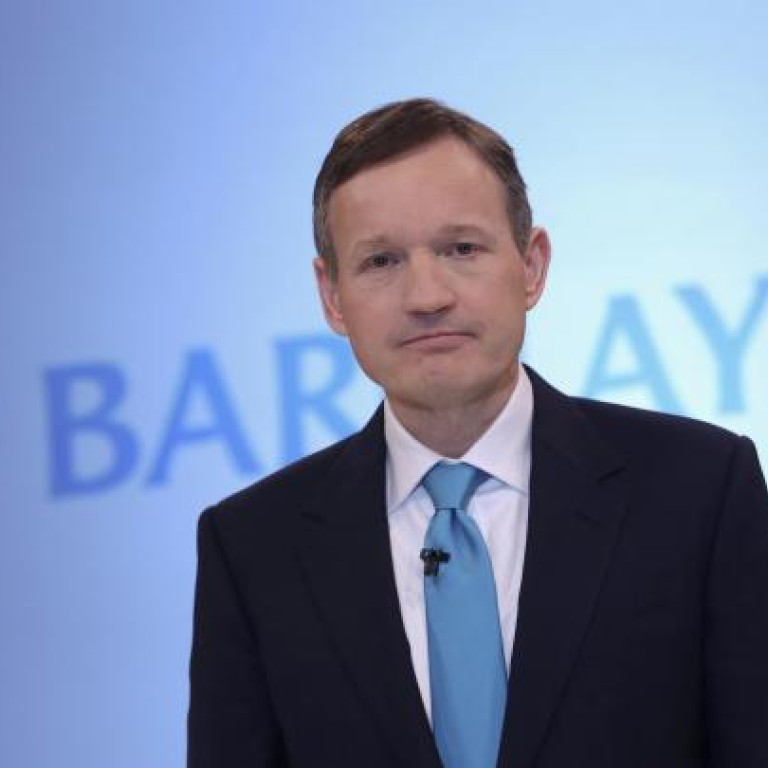
If I scream and you scream, you might get chocolate ice cream
Readers may recall our recent piece on Singapore Airlines and strawberry ice cream. This was about a woman on a Singapore Airlines flight who when offered strawberry ice cream asked if she could have either chocolate or vanilla, since she wasn't keen on the strawberry option.
Readers may recall our recent piece on Singapore Airlines and strawberry ice cream. This was about a woman on a Singapore Airlines flight who when offered strawberry ice cream asked if she could have either chocolate or vanilla, since she wasn't keen on the strawberry option. The steward replied: "Sorry, madam, no chocolate or vanilla, as everyone always asks for it as they don't like strawberry. So now we only offer strawberry."
We have since heard from the airline, which has thanked us for the feedback but points out that on occasions the airline does offer chocolate or vanilla, though only one option at a time. So you just have to hope you get lucky that your preference is on offer the day you fly. However, we understand the matter has been drawn to the attention of the airline's inflight services department, so it is possible that passengers may get a choice in future.
This event reminds us of a situation we read of recently which supposedly occurred in London during the 1980s. When the owner of a corner shop was asked by a customer for a brand of biscuits he liked, the owner replied: "We used to keep them, but we kept running out, so we discontinued them."
Can Antony Jenkins build a better Barclays is, some may say, rather like asking whether a leopard can change its spots.
The new chief executive has spelled out an ambitious road map for restoring his bank's reputation, which was spectacularly shredded over the Libor scandal. It is curious that Barclays, of all banks, should have fallen to earth so dramatically, given the universe it occupies alongside Goldman Sachs, Citi and JP Morgan, all of which have suffered their share of ignominy.
In his strategic review unveiled last week, Jenkins came up with remarkable-sounding commitments for an investment bank. Among them is a pledge to embed a set of "purposes and values" across the business and a commitment to discontinue any activity that has a negative impact on the bank's wider reputation. Employers that don't like this approach are invited to leave. Even stranger: incentives for sales staff, for instance, will be based on customer service, rather than product sales.
Barclays' brand chief, David Wheldon, told magazine: "Rebuilding the trust that we need people to have in Barclays again is going to take a long time. There are lots of cynics and sceptics who don't believe this will work, but we do." veers towards the sceptical on this and notices that whenever business is bad, banks make great play of "listening to their customers". But as the first whiff of the next bull market becomes apparent, those listening to clients are left behind by those more attuned to the pursuit of profit.
Correlate Search has had no little success in Asiamoney's 2013 poll for headhunters in financial services. For the second year running, Correlate was voted the best headhunting firm in Asia ex-Japan, and was also voted top recruitment firm in Japan. It was followed by Lionrock International and Executive Access. Russell Kopp of Correlate was best headhunting executive in Asia ex-Japan, followed by Lionrock's Alice Liu and Christian Brun of Wellesley Partners. Liu and Kopp were, respectively, ranked first and second in Japan.
China Central Television has been having a field day with the horse-meat-sold-as-beef scandal in Europe, providing saturation coverage for its mainland viewers.
Why this should be of so much interest on the mainland is explained by Bloomberg. Foreign correspondents of certain organisations are apparently told that whenever there is a bridge collapse or similar disaster on the mainland, they are instructed to find similar such event overseas, thereby showing that China is not alone in its sufferings.
The interest in horse meat was prompted by the latest mainland food scandal, poisonous fake mutton, of which more than 40 tonnes were seized recently. This involves fraudsters treating cheap duck meat with toxic chemicals and mutton grease and selling it as expensive lamb to hotpot restaurants. There was a similar scam in 2009, where duck was dipped in non-toxic lamb urine, which was supposed to give it a muttony flavour. Almost as bad as passing off horse meat as beef.

